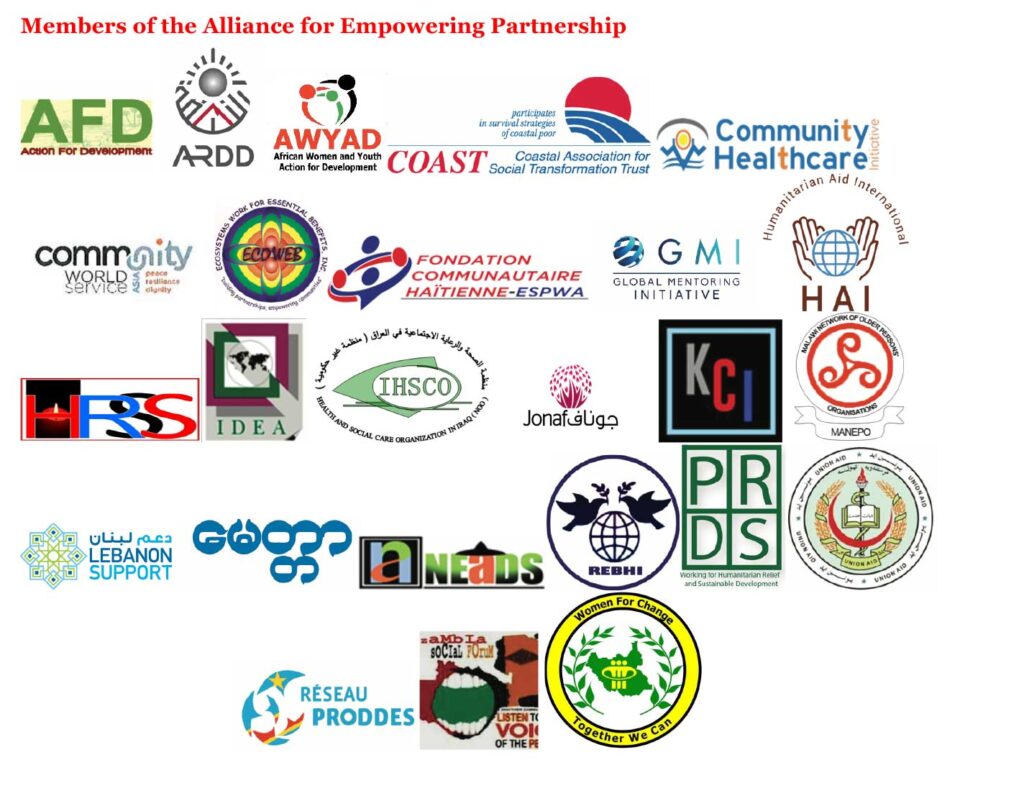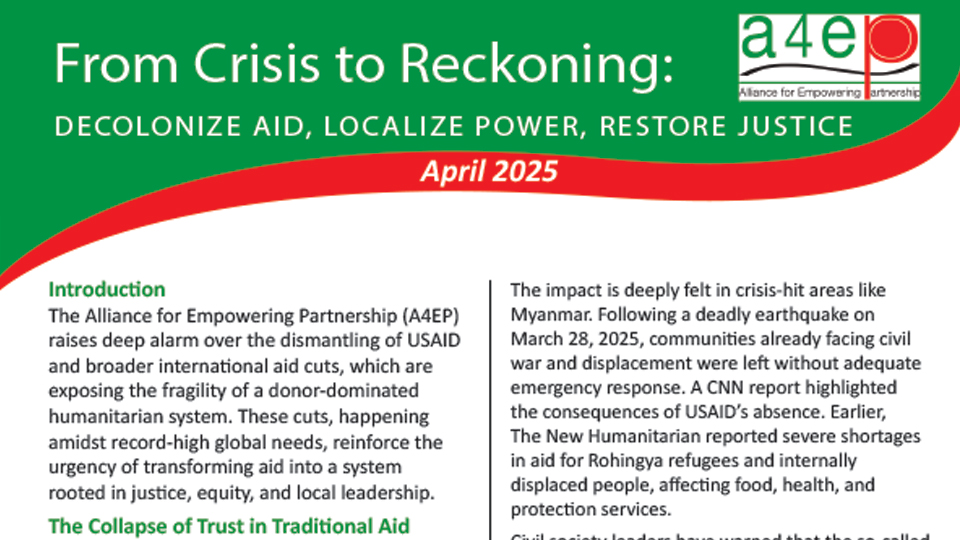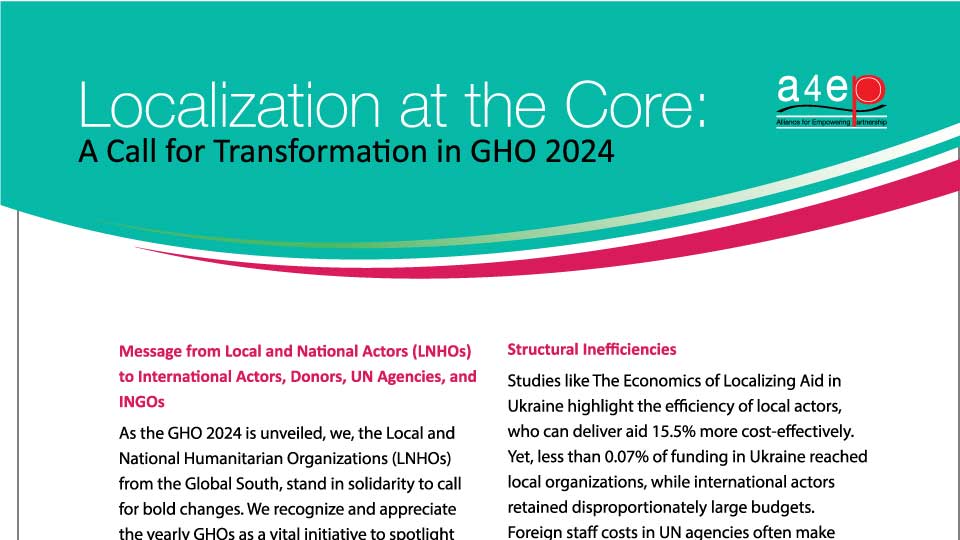The twin earthquakes 7.7 and 7.5 magnitude and its’ aftershocks that hit southern Turkey and Northern Syria on Monday 6th February has impacted over 23 million people. It is estimated that over 35,000 people have already lost their lives and those numbers are raising by the day. Thousands are injured with life changing consequences and are likely to need longer term medical and other support. Millions are displaced or homeless, the most vulnerable including around 1.5 million Syrian refugees in Turkey’s border region as well as 4 million conflict affected people (Including Palestinian refugees) within Syria’s opposition-controlled area. The earthquake and aftershocks have destroyed homes and infrastructure across the region that is home to millions of people.
The UN estimate that over 6,500 have been killed and 10,000 people injured in all areas of Syria. Millions lost their home and are experiencing a new displacement after 12 years of war and trauma. These numbers are likely to rise in the coming weeks. Lack of support through manpower and equipment to the rescue teams in the affected areas has led to the loss of many lives. In Syria the first responders used their bare hands and shovels to rescue people, even while they grieve for their own loss. No additional equipment and capacity were sent to North West Syria. The international community failed the Syrian people by not reacting fast enough and not supporting the search and rescue teams. The earthquake has brought new suffering, increased the number of people in need, exacerbated existing needs, and hampered the ongoing response.
The international community has been invited and has responded very generously sending search and rescue teams to Turkey which are very much needed. In the recovery operations, it is critical they respond in a way that support local efforts by national authorities and local civil society organisations. It is locals who save most lives in the first hours when it matters most. We want to pay tribute to thousands of local people from Turkey and Syria who are involved in search and rescue operations in very difficult conditions putting their own lives at risk. We recognise their courage and strength.
The situation in Northern Syria context is very complex. We urge the international community to put politics aside, substantially scale up aid to ensure that people of Northern West Syria receive the protection and assistance to match the scale of the disaster. The response must be mindful not to do further harm to already suffering populations because of existing conflict and political deadlock and response should lead to more durable solutions for the population affected by the earthquake and the conflict.
We would like to remind international community of their Grand Bargain, C4C and Pledge for Change commitments to localisation. We have learned many lessons from the past earth quake responses.
- Ensure that people in Northern Syria do not get left behind because of conflict and political reasons and receive timely assistance.
- Build on the local response and support their efforts and ensure that you support their coordination efforts.
- Ensure that your response does not further impact the economic situation because of high competition amongst the responding international agencies for staff and other logistical goods.
- Ensure that coordination meetings are held in language of local people and provide interpretation for English speakers
- Ensure that you work in a way that you do not replace and side-line local capacities and hire away their staff capacity, instead work with them to reinforce their capacity through quality funding, resourcing and accompaniment.
- Ensure that you develop equitable partnership, by making decisions together about the response together with the affected populations.
- Ensue psychosocial support and safety and security of aid workers due to the difficult working conditions and conflict.
- Ensue protection for affected population and measures are in place for accountably to affected populations and prevention of and protection from sexual exploitation, abuse and harassment from SEA&H while providing aid assistance.
- Ensure environmental considerations and put measures in place to mitigate any unintended negative impacts on the lives, livelihoods due to the humanitarian response.
- Ensure nexus and intersectional approaches from the start, as this is going to need a long-term effort.



